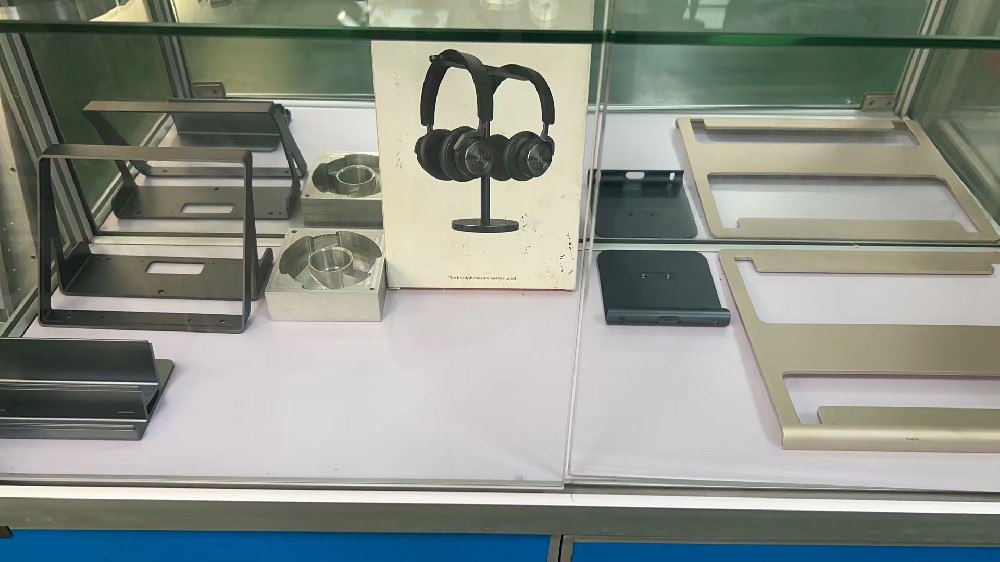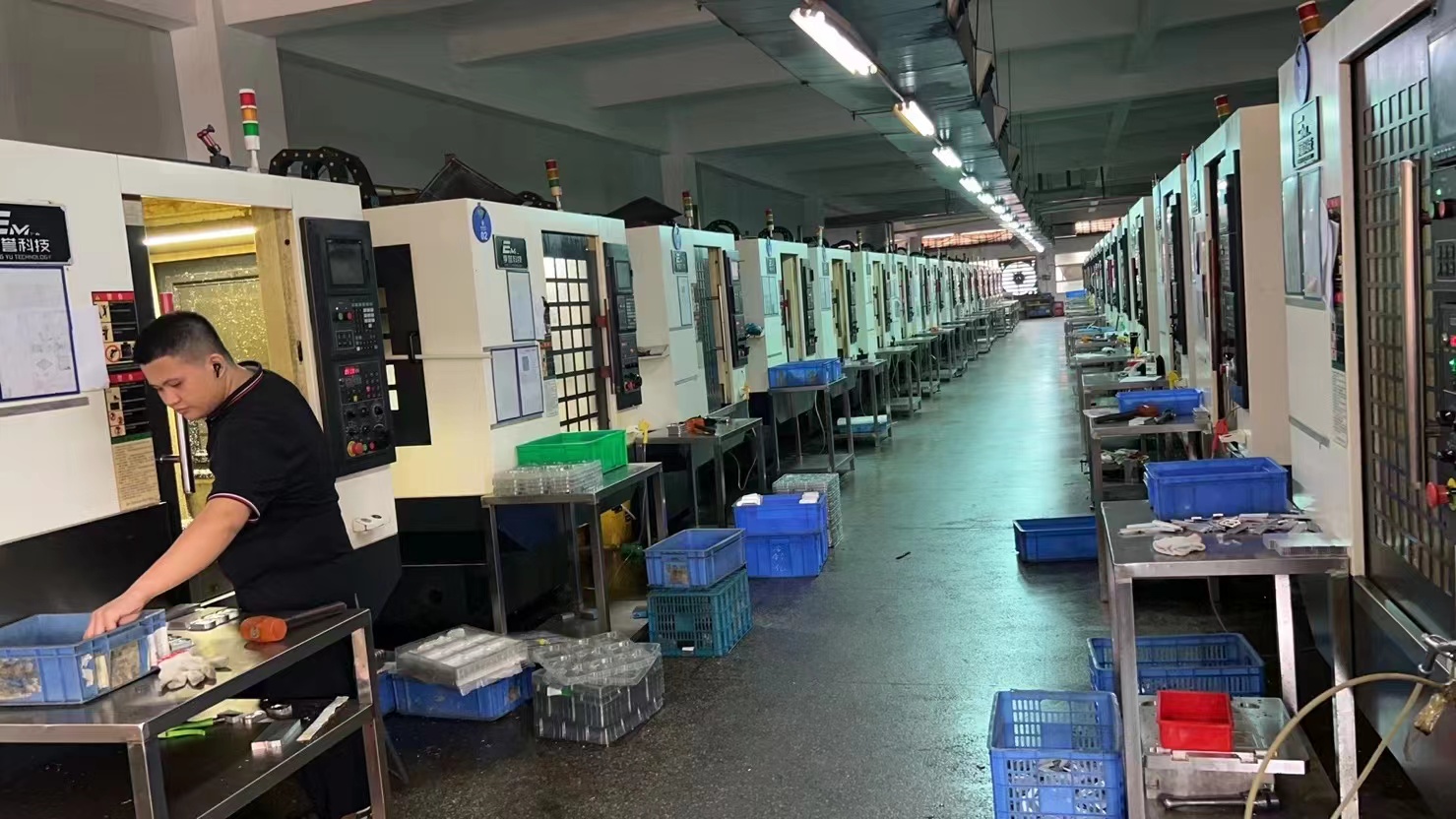What are the car mold models? Show you something different
He took the name "Hammer" somewhat playfully. He had made a name for himself by smashing Siemens refrigerators with a hammer, and he wanted to do something similar in the mobile world. This seemed to presage his fate for the next few years: excitement.
Another omen came that summer. The office of Hammer moved from Zhongguancun to Wangjing, when the car was loaded suddenly lightning, thunder and rain. Luo Yonghao stood by the window of the old office, chanting "All right, all right, I know". Before long, the thunder stopped and the rain became light. It seemed that the weather had reached a reconciliation with him.
"Reconciliation" was another theme of Mr. Luo's six years. To some extent, this is the secret of his survival from the mobile phone death Valley, but all gains come at a price, and one of Luo's victims is how cute Luo Yonghao used to be.

Smartisan's press conference held at Beijing University of Technology on April 9 did not generate momentum.
Some hammer powder felt surprised, but people inside looked normal. In addition to the cost performance, the day of the release of nuts 3 is really lackluster, even the always wonderful speech Luo Luo, also like this season opened the defeat of magnolia, wilting let a person can not afford to play the spirit. After the show, there was a discussion in the wechat group about who slept longer than just now.
Luo Yonghao chose "Zhuai". After the press conference, he posted a micro blog: "Come back to read the online feedback, a lot of people who use Xiang said ugly, well, it will sell very well, rest assured to sleep." The next day, he wrote on his wechat account that those who call nuts ugly are stupid.
The tone is still naturally proud, but the recipe seems different from six years ago.
The object of his crusade was millet. 2012 was a year of praise for Xiaomi's model, with sales topping Rmb10bn by the end of November -- a figure that took Huawei and Coolpad six years to achieve, and just two years after Lei ate that bowl of rice soup.
But Luo Yonghao refused.
He soon showed his extraordinary ability to poison the tongue, mocking Xiaomi is "mobile futures", "monkey marketing"... "Lei Jun is really forced by us to pay attention to design and pretend to have humanistic feelings," he said.
But out of the mix is always to return, "capacity" in the next few years to become Luo Yonghao's magic spell, feel the pain, he conveyed to Lei Jun apologize, feeling is not easy to do products.
But that's all for another day. Back in 2012, there's no doubt that Luo Yonghao caught the smartphone craze.
In the midst of the boom, many changes are already in sight.
Xiaomi, of course, is the hottest star, and Smartisan is a direct copy of its early model: make a ROM first, then a phone. More big manufacturers have yet to respond. Huawei will launch its Internet brand "Honor" in 2013, Meizu will launch its "Charm Blue" in 2014, and Lenovo's ZUK is a story of being late in 2015.
More disruption stories are playing out among phone makers outside of Apple:
Nokia's position as the top mobile phone maker for 14 years was replaced by Samsung. The Iron lady Cher Wang led HTC to complete the boutique strategy transformation and become the number two mobile phone maker. Research in Motion, maker of the blackberry Took a dangerous path: blackberry 10 became a gamble, but it was delayed from 2012 to 2013, reluctant to release a touch screen while proudly retaining a physical keyboard pad.
At the time, RIM was optimistic. "We now have about 80 million users -- something Nokia didn't have," then-CEO Thorsten Heins said of Nokia's decline. But the reality is, despite the fact that the blackberry has Obama, Lady But with blackberry shutting down its BB OS service on April Fool's Day this year, blackberry, like Nokia, left its glory to history.
Between the wind and the clouds, Luo Yonghao set off waves seems to take some playful ingredients. There were plenty of people ready to watch the comedian and English teacher make a joke of it, but Luo also offered up some material:
Originally scheduled to be released at the end of 2012 ROM jump ticket to the next March, and because of the serious lack of engineers lead to a lot of functions can not be realized, coupled with the conference site delay serious, network paralysis and other reasons, in short, it became a call "bad" appearance, the network is almost full of curse.
Some media said Luo had insomnia that night, and the next day he remained silent on his Weibo account.

In the first few years of making hammer, Luo Yonghao has not been able to shake off the label of "unreliable".
He is arrogant. "Why does Smartisan seem to be the only company most likely to be the next SONY (the SONY of Morita) or the next Apple (the Apple of Jobs)?" he wrote on Weibo in 2013, before the phones even existed. -- That year, the most active player in the domestic mobile phone market was the 799 yuan Redmi phone, which directly boosted Xiaomi's sales. In the "Singles' Day" of that year, Xiaomi sold 100 million yuan in three minutes.
He is spontaneous, even in front of investors. "Even when chatting, he would only look at his mobile phone and ignore investors," Huang Zhangjin, a journalist, once said. Luo Yonghao, who is a bit of a social phobic, doesn't know how to say half-truths when talking about cooperation.
Not long after the "terrible" ROM launch in 2013, Luo Yonghao burned through the 9 million yuan Momo Tang Yan gave him. For the first time, he faced the problem of money. But many investors have a problem with the fridge-smashing maniac. One venture capitalist from a well-known fund once said, "I like him a lot," but turned to his colleagues and told them, "We're not giving him a penny."
The trouble Hammers encountered on the production line gave Luo Yonghao a "hammer".
In May 2014, the Smartisan T1 was released. For Luo Yonghao, who has never worked in hardware production before, this is a historic step. In a promotional photo, he trumpeted it as "the best smartphone in the Eastern Hemisphere." Perhaps wary of touching new advertising laws, the tagline soon changed to "the world's second-best smartphone."
At that press conference, Luo Yonghao cocked his head and straightened his back, ridiculing the entire mobile phone industry, even though the T1 debuted with only the 3G version.
The supply chain gave him a backhanded slap. Due to the low rate of good products -- some media quoted the judgment of industry insiders, the rate of good products of Smartisan mobile phone will not exceed 50%, and the normal value should be more than 93% -- T1 in a few months after the release of the normal supply, so anxious Luo Yonghao ran to Foxconn to crouch.
The buzz created by the conference cooled in the long wait for subscribers. Over the next 3-4 months, T1 escape rates skyrocketed from 2% to nearly 90%. Those who had managed to get a purchase code through the employee channel also fled, for the simple reason that they had been scared of the bad news about Smartisan for the past few months.
Luo Yonghao carried to October, had to announce the hammer price reduction, a drop of about 1,000 yuan. After the price cut, the cheapest 16GB 3G model costs 1,980 yuan.
This angered a lot of hammer fans. Five months ago, Luo said, "I'm disgusted by the way some handset makers price a new product at launch and then drop the price soon after." The only way he would cut the price would be if a new model came out and the previous one needed to clear inventory. To appear convincing, he added: 'If you get below 2,500, I'm your grandson.'
Finally, T1 sales totaled more than 250,000 units in 2014. Xiaomi shipped 61.12 million of the 420.7 million smartphones shipped in China that year.
The results are certainly depressing. Luo Yonghao thinks his unrestrained words have brought the enterprise into trouble.
In December of that year, he gave his last personal speech, The Entrepreneurial Story of an idealist, at Beizheng. He choked up and bowed, saying that he would learn to be an entrepreneur seriously. He also announced that he had handed over his Weibo account password to the company's public relations department, and that every word he said in the future would be reviewed by the company before being released.
Since then, the Weibo nickname "Luo Yonghao is so cute" has disappeared.

Facts proved that Luo Yonghao chose a low profile into 2015, it is a wise choice.
The theme in the mobile industry that year was: No one survives.
The danger was already evident in 2014. According to a monitoring report from the Ministry of Industry and Information Technology, smartphone shipments in the first 10 months of 2014 fell 10.4 percent year-on-year, of which 286 million domestic phones were shipped, down 25.4 percent year on year. Clearly, this is an increasingly saturated market.
As a result, 2015 was Death Valley for the small mobile phone manufacturers that rushed to set up in the tuyere. Big Coke, which released three phones in a row the first year, remained silent until it declared bankruptcy in March.
In the downturn of the industry, upstream enterprises have been implicated. Many mobile phone OEM factories in the Pearl River Delta closed down and their bosses jumped from buildings.
Big companies are also having a hard time, and as growth slows, there are plenty of bearish voices about Xiaomi.
At the beginning of that year, Huawei's Yu judged the situation to be grim: in the next three to five years, there would only be three major handset makers left in China. Of course, he did not forget to give himself a pep talk, "including Huawei". The CEO who made his name with the P6 once quipped that he was Huawei's CHO -- "I learned to brag, bet and deal with the war of words."
In August, Lenovo's Yang Yuanqing also wrote on Weibo that Lenovo is facing severe challenges at the moment. The previous year, Lenovo acquired the MOTOROLA mobile phone brand for $2.91 billion, which directly contributed to a loss of $292 million in Q1 2015. From the back story, the move also failed to stop the decline of Lenovo's mobile business.
Under such circumstances, hammers also have a hard time.
That year, Smartisan released the Nut Phone and the T2, both of which failed to take off. In the end, Smartisan lost $462 million in 2015.
Money became a big issue. Born proud feelings in the face of reality seems vulnerable. By 2016, Smartisan had only announced two rounds of financing, AB, and the highest amount of financing was 180 million yuan in April 2014. So when Hammer failed to pay salaries in 2016, Mr Luo had to make up an excuse: there was a problem in the banking system and they would be paid in a few days.
A year later, when the crisis was resolved, Luo shared the story as a joke at a Geek Park convention, to great laughter from the audience. He did not talk about the bitterness during the period, including for money to talk about the acquisition of Xiaomi, with Alibaba equity pledge, finally failed, he had to run a column, go to Tinder to do live, "sell" for money.
Later he said: A true man who dares to look at the bleak life. Another trait of a hunk is hiding when he cries.
There was also a helping hand. Zheng Gang, an early investor in Smartisan and a founding partner of Zihui Venture Capital, said Jia had lent Luo 100 million yuan during Smartisan's financial crisis. Jia, who started making mobile phones in 2015, had planned to invest in Smartisan at one point, but considering that the transaction would take time and Smartisan needed money, he lent 100 million yuan directly without pledging equity.
Later, Luo Yonghao used a set of data to review 2016: was rumored to be closed 6 times, was rumored to be acquired 5 times, was exposed to the capital chain predicament 3 times, was sued by users once.
Lei Jun experienced a similar taste this year. In 2015, Xiaomi began to suffer a double decline in shipments and market share. Until the Spring Festival of 2016, Lei Jun announced to cancel KPI. Subsequently, making up lessons became the theme of this year.


